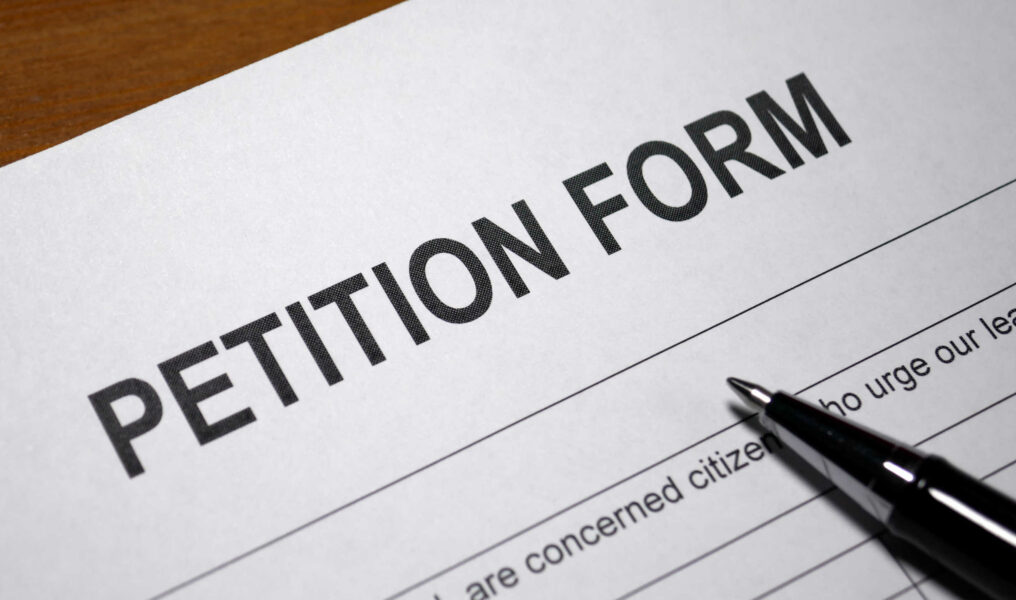Far short of the 340,000-plus signatures required to put its ballot initiative before the voters in November, Fair and Equal Michigan, the campaign to secure equal rights for LGBTQ Michiganders by expanding the Elliott-Larsen Civil Rights Act to include sexual orientation and gender identity, will be submitting 178,000 signatures to the Board of Canvassers tomorrow. This represents 158,000 collected signatures via pen and paper in addition to the remainder collected digitally, an innovative strategy adopted April 13 and untested thus far as to its legality in the state.
Today, the campaign will file a lawsuit with the Michigan Court of Claims to recognize the impact that the novel coronavirus has had on its ability to exercise a Constitutional right to petition the legislature and therefore lower the threshold of signatures required. Fair and Equal Michigan representatives will ask for relief from the 180-day time limit otherwise required to collect them and extend that date to July 13. Alternatively, the campaign is asking to "stop the clock" until restrictions on gathering are lifted and in-person canvassing is safe. Plaintiffs also include State Rep. Mari Manoogian and State Sen. Adam Hollier based on their right as legislators to vote on initiated law.
To run the campaign successfully, the campaign to secure equal rights for all LGBTQ Michiganders had as its goal well over 500,000 signatures. Using independent verification, 75 to 80 percent have been found to be valid.
There are a number of reasons the ambitious strategy to collect hundreds of thousands of signatures using DocuSign technology came up short, according to Fair and Equal Michigan President and Co-Chair Trevor Thomas.
"People are reluctant to give out personal information on the internet due to the threat of phishing scams," Thomas said. "COVID-19 also reduced voter and media attention that would potentially have this, instead it was focused on the pandemic. Economically, with every major retailer moving to online-only sales, our advertising costs increased and signature completion rates were unsustainable. … At one point, the cost per one completed digital signature was as high as $89 a signature. We brought that cost down, but time was not on our side.
"The bottom line is this: digital signatures had never been tested before," he continued. "We learned daily and we constantly optimized the campaign. But there is no substitute for traditional, face-to-face canvassing that allows the campaign to collect signatures at a volume that provides a strong rate of return."
On a video call open to the press, Thomas assured viewers that Fair and Equal Michigan is "going to continue to pursue this with vigor."
"To protect our progress, honor the support we've received and [the] volunteer energy [given] and make sure it proceeds unabated. And even especially at a time of great difficulty such as our public health crisis, it is now when our Constitutional rights must be upheld," Thomas said. "And so we'll continue our stand that every Michigander deserves an equal chance at success without the threat of being fired, harassed or demoted just because of who you are or who you love."
Secretary of State Jocelyn Benson, Attorney General Dana Nessel and Gov. Gretchen Whitmer have been briefed on the campaign's plans to file with the Michigan Court of Claims.










